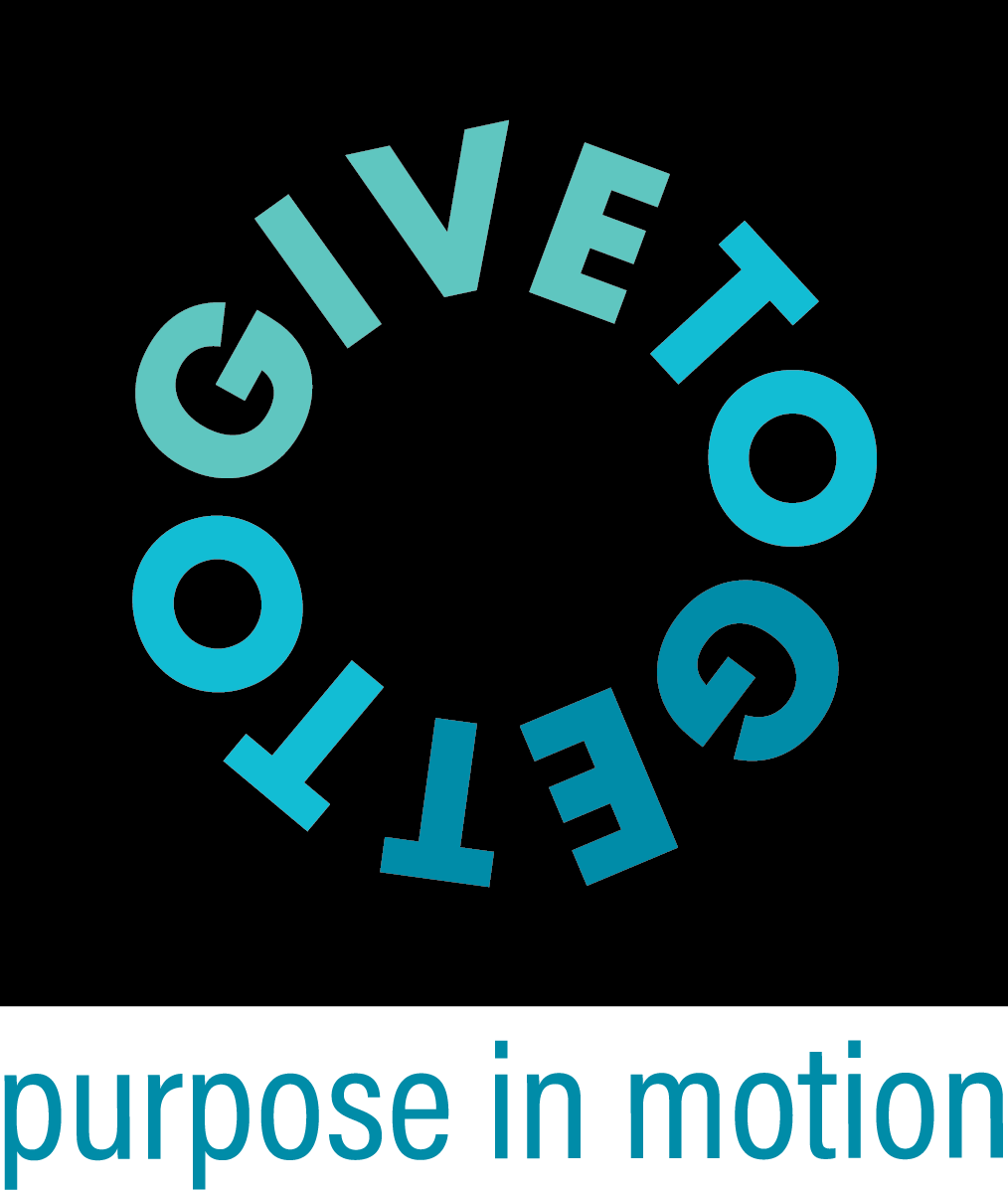Nonprofit Partner Spotlight: Planet Bee Foundation & World Honey Bee Day
Thanks to Gary Francis for sharing their work on Unsplash.
Planet Bee Foundation — one of our nonprofit partners — educates, empowers, and inspires people to take action in helping the environment. It also offers programs for schools, corporate organizations, and the larger community to learn about bees, their importance to the ecosystem, and the challenges the species faces. With World Honey Bee Day quickly approaching, we’re highlighting their contributions to the Bay Area as well the country.
Although many of Planet Bee Foundation’s in-person events have been impacted by COVID-19, the organization has many virtual options available! Hive Dive Live, for example, allows children to watch as Planet Bee Foundation educators open a hive, explain its organization and major players, provide information about beekeeping, and answer students’ questions. Additionally, the organization has resources available for those who want to learn more about bees in their free time including summer reading lists for children through adults, information on creating bee-friendly gardens, and more.
Want to get involved? Start by learning more about honey bees and the challenges they face:
There are nearly 20,000 known bee species in the world. One-fifth of them are native to the United States, according to the United States Geological Survey. According to the United States Department of Agriculture, various bee species pollinate ~75% of the fruits, nuts, and vegetables grown in the United States. The organization estimates that one out of every four bites of food people take is thanks to bee pollination.
Bees, however, are facing unprecedented challenges thanks to habitat loss and climate change. Pesticides are also problematic. In the United States alone, bee populations are decreasing steadily each year. If this continues, experts say, it will be devastating to food crops that rely on pollinators like apples, almonds, oranges, and avocados. In fact, 70 of the top 100 food crops grown worldwide rely on pollinators. Bees also contribute to other parts of the food system by pollinating plants that feed other animals like birds and insects.
Plant Bee Foundation suggests taking part in the following activities if you want to help bees:
Put out a water feeder for bees. Some bees can fly up to six miles per day. They drink water like other animals, but they also need water to bring back to their hive or nest. These feeders can be created with items that you have in your home like a shallow dish or bowl, stones, and fresh water!
Plant pollinator-friendly plants. By using the USDA Plant Hardiness Map, you can determine which plants will thrive in your space. Plant a variety of native plant, herbs, and flowers in your garden to attract bees. Even small gardens that fit on balconies are helpful.
Provide homes for native / wild bees. One way to do this is by creating a bee hotel. There are numerous ways this can be done; however, the easiest way is by drilling holes into untreated wood.
Support organic farmers who don’t use chemicals, which harm bees, on their crops.
Give To Get also offers At-Home Volunteer Programs that benefit the environment (and bees!) like making bee hotels, hydroponic gardens, and seed balls.

